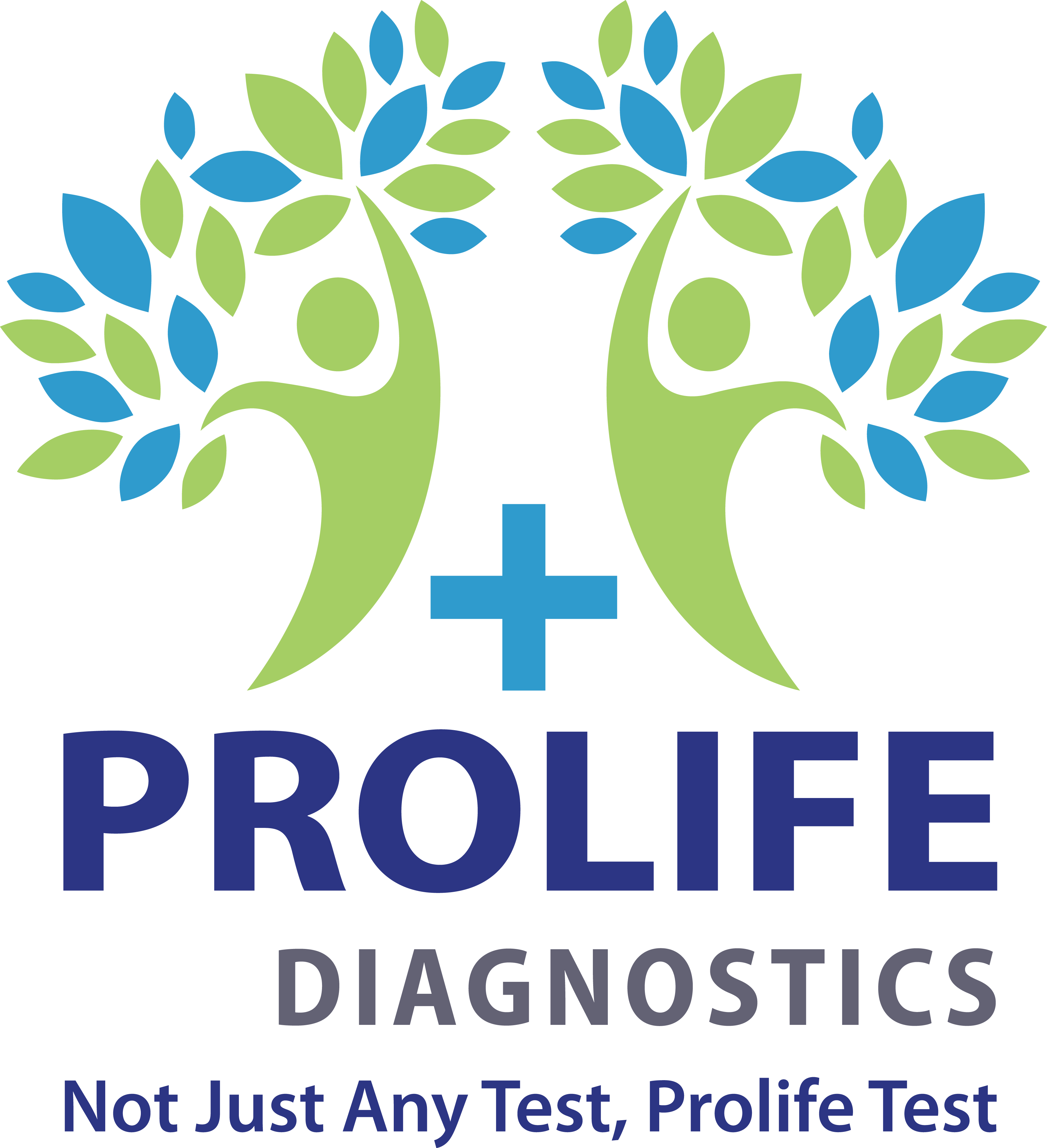- Plot No. 361/3074 & Plot No 437/3134, Patrapada, BBSR
- +91 9040017001
- +91 8630400500
PCOS & PCOD: Diagnostic Tests Every Woman Should Know
Many women live for years with irregular periods, stubborn weight gain, acne, unwanted hair growth, or difficulty in getting pregnant — without knowing the real cause.
They are often told, “It’s normal” or “It’s just stress.” But in many cases, these signs point toward PCOS or PCOD.
These conditions do not just affect menstruation. They impact hormones, fertility, mental health, and long-term well-being. The good news? With the right diagnostic tests, PCOS & PCOD can be identified early and managed effectively.

What is PCOS & PCOD in Simple Terms?
PCOD (Polycystic Ovarian Disease)
A hormonal disorder where the ovaries release immature or partially mature eggs, which later turn into cysts. This leads to hormonal imbalance and irregular ovulation.
PCOS (Polycystic Ovary Syndrome)
A more severe hormonal condition that affects ovulation, insulin levels, metabolism, and increases the risk of diabetes and infertility.
Though often used interchangeably, PCOS is usually more complex and requires careful diagnosis and long-term monitoring.
Common Pain Points Women Experience
If you relate to any of these, your body may be sending warning signals:
- Missed or highly irregular periods
- Excess facial or body hair growth
- Persistent acne and oily skin
- Rapid weight gain or difficulty losing weight
- Hair thinning or scalp hair loss
- Mood swings, anxiety, or depression
- Trouble conceiving
- Dark patches on neck or underarms
Many women feel confused, embarrassed, or frustrated when symptoms don’t improve despite lifestyle changes. This emotional stress is as real as the physical discomfort.
Why Proper Diagnosis is Crucial
Ignoring PCOS/PCOD can lead to long-term complications such as:
- Infertility
- Type 2 Diabetes
- High cholesterol
- Heart diseases
- Endometrial cancer
- Hormonal imbalance issues
Early testing helps in:
- Accurate diagnosis
- Personalized treatment planning
- Preventing future complications
- Improving quality of life
Diagnostic Tests Every Woman Should Know
1. Pelvic Ultrasound
This is one of the most important tests to detect cysts in the ovaries.
- Helps visualise ovarian structure
- Identifies multiple small cysts
- Evaluates uterine lining thickness
2. Hormone Blood Tests
These tests check hormonal imbalance which is the root cause of PCOS & PCOD.
Includes:
- LH (Luteinizing Hormone)
- FSH (Follicle Stimulating Hormone)
- Testosterone levels
- Prolactin
- Estrogen & Progesterone
- DHEAS
3. Blood Sugar & Insulin Resistance Test
Women with PCOS often develop insulin resistance.
- Fasting Blood Sugar
- HbA1c Test
- Insulin Levels
These help detect early signs of diabetes.
4. Lipid Profile Test
Checks cholesterol levels as PCOS increases the risk of heart disease.
- LDL (bad cholesterol)
- HDL (good cholesterol)
- Triglycerides
5. Thyroid Function Test
Thyroid disorders mimic PCOS symptoms.
- TSH
- T3
- T4
6. AMH Test (Anti-Mullerian Hormone)
Helps assess ovarian reserve and predicts fertility health.
When Should You Get Tested?
Consider testing if you:
- Have irregular periods for more than 3 months
- Are planning pregnancy but facing difficulties
- Experience rapid weight gain without lifestyle change
- Have severe hormonal acne
- Have family history of PCOS or diabetes
Early screening can save years of frustration and emotional stress.
How Prolife Diagnostics Supports Women’s Health
At Prolife Diagnostics, we provide:
- Advanced ultrasound facilities
- Accurate hormone testing
- Comprehensive women’s health packages
- Quick reporting with expert consultation support
Our diagnostic approach ensures clarity, comfort, and trust for every woman.
Lifestyle Tips Alongside Testing
While diagnostics are crucial, lifestyle management plays a big role:
- Balanced diet with low sugar intake
- Regular physical activity
- Adequate sleep
- Stress management
- Timely medical consultation
Tests guide your treatment; lifestyle supports your recovery.
Related Reading for Better Understanding
To explore more about women’s health and preventive screening, you may also read:
Conclusion: Listen to Your Body
PCOS & PCOD are not just “women’s problems” – they are long-term health conditions that deserve attention. If you experience any symptoms, do not ignore them out of fear or hesitation. Timely diagnostic tests are the first step toward regaining hormonal balance and peace of mind.
Your health matters. Your concerns are valid. And the right diagnosis can change everything.
Disclaimer
This content is for general informational purposes only and should not be considered as medical advice. Always consult a qualified healthcare professional for diagnosis and treatment based on your individual health condition.
